State Dept. Silent on Iraqi Corruption
Asked to what extent the State Department had covered up corruption in the government of Iraq's Prime Minister Nouri al-Maliki, the department's top Mideast official told the House Oversight Committee that information that could "damage" the U.S. relationship with Iraq is considered "confidential." That didn't go over well with committee Chairman Henry Waxman, who then threw down the gauntlet.Asked to what extent the State Department had covered up corruption in the government of Iraq’s Prime Minister Nouri al-Maliki, the department’s top Mideast official told the House Oversight Committee that information that could “damage” the U.S. relationship with Iraq is considered “confidential.”
That didn’t go over well with committee Chairman Henry Waxman, who then threw down the gauntlet:
“I think that Secretary Rice is going to have a confrontation with this committee, because we’re not going to accept the idea that if you say something that could be negative about the Maliki government, it’s classified, but if you say something positive about them, it’s OK.”
Your support matters…Los Angeles Times:
Lawrence E. Butler, the deputy assistant secretary of State for Near Eastern Affairs, told the House Oversight and Government Reform Committee that the information was considered classified because it could damage relations between the United States and Iraq, and could only be discussed in private with members of Congress.
“Where revelation of information would damage bilateral relationships, it is intended to be kept confidential,” Butler told the committee. “It goes to the nature of our relationship with the government of Prime Minister Maliki.”
The showdown was the latest in a series of confrontations between the State Department and Rep. Henry A. Waxman (D-Beverly Hills). As the committee chairman, Waxman has repeatedly accused department officials of attempting to cover up misdeeds in Iraq, including alleged abuses by Blackwater USA, the main private security contractor for U.S. diplomats in the country.
Independent journalism is under threat and overshadowed by heavily funded mainstream media.
You can help level the playing field. Become a member.
Your tax-deductible contribution keeps us digging beneath the headlines to give you thought-provoking, investigative reporting and analysis that unearths what's really happening- without compromise.
Give today to support our courageous, independent journalists.
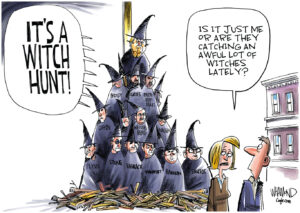
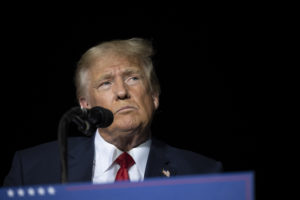

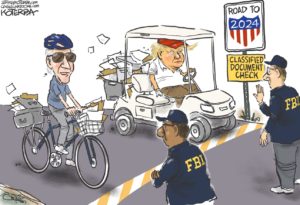
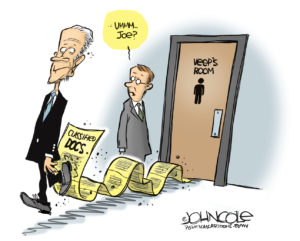
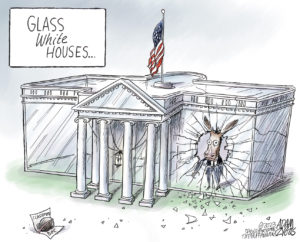
You need to be a supporter to comment.
There are currently no responses to this article.
Be the first to respond.